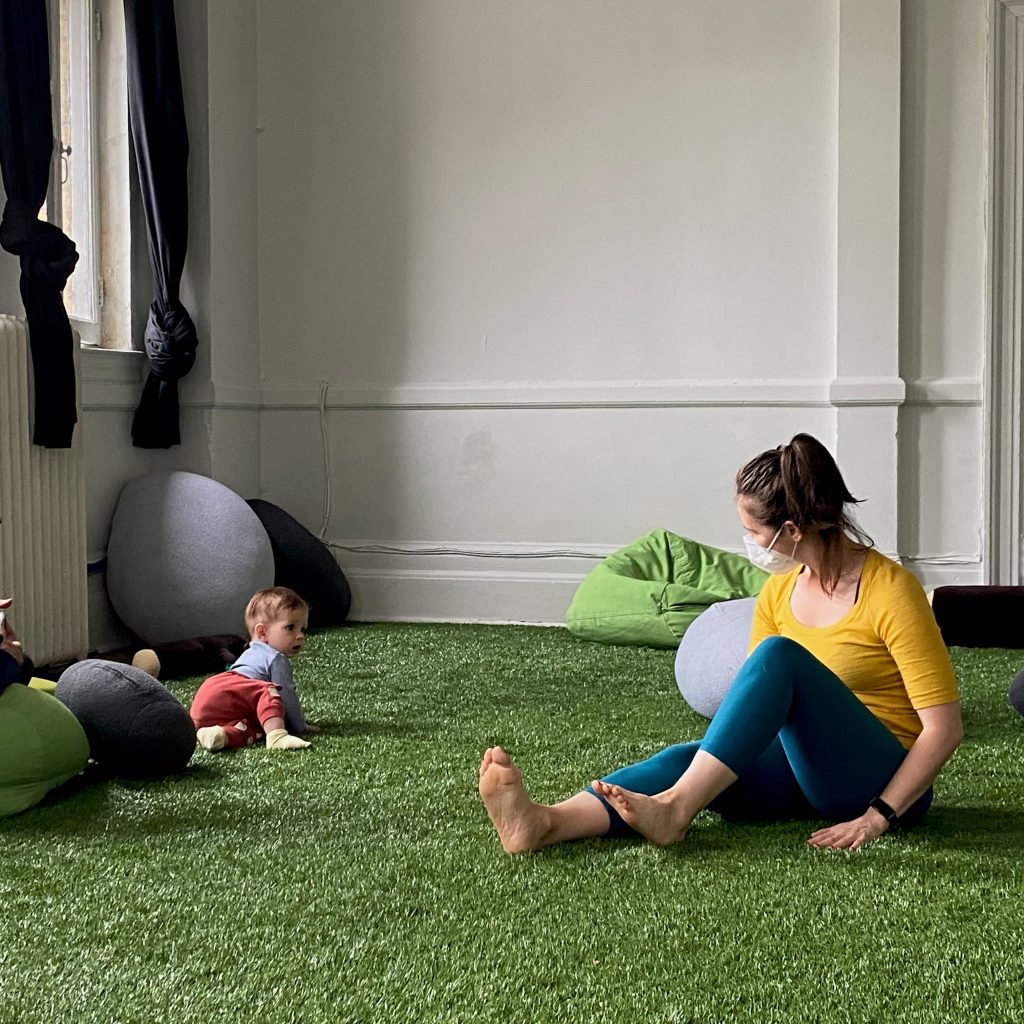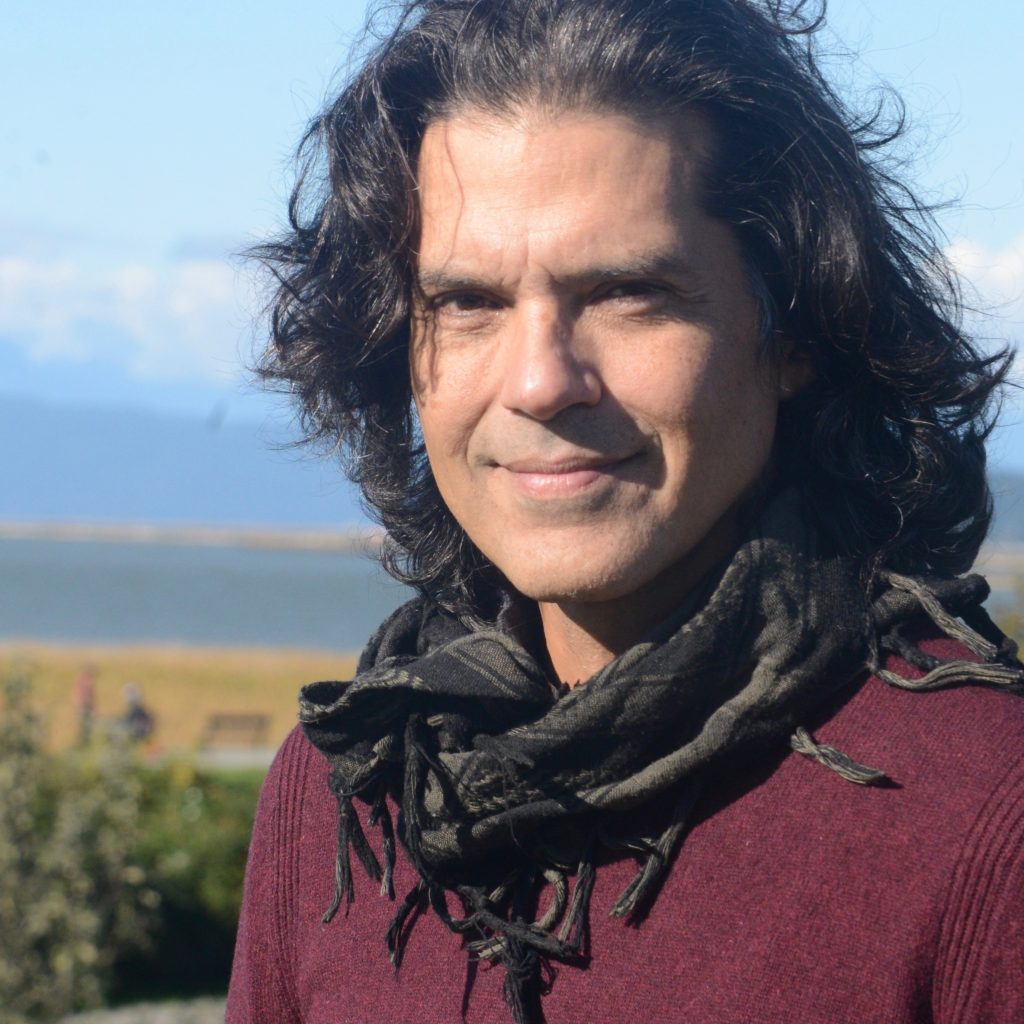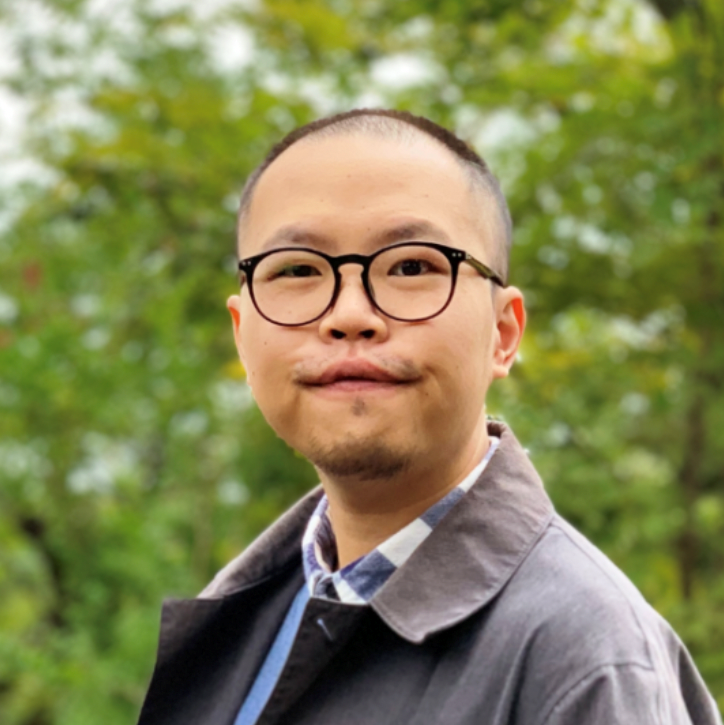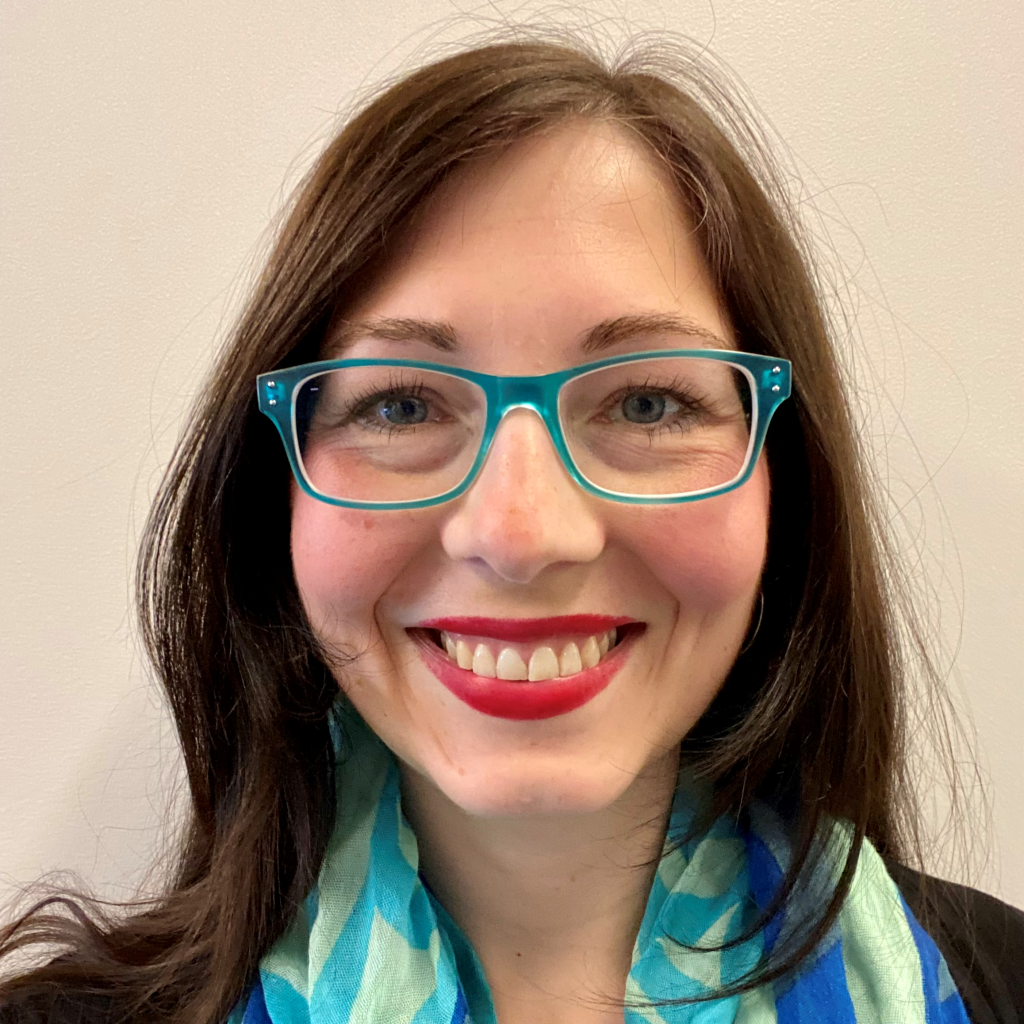Public Humanities Faculty Fellowships are awarded to scholars to support their development of public-facing Humanities research projects among an interdisciplinary community of scholars. Fellows receive a course-release to work on an individual humanities-oriented research project. Congratulations to this year’s awardees.
Leora Morris (Department of Theatre and Film)
“Sensing Our Way (Back) Together: Performances for the Very Young”

Performance for Early Years (PEY) is an emergent area of performance practice in which adult professional artists create sensory works for babies, children-under-5, and their caregivers. By pressuring the approaches of leading international PEY practitioners through my directorial research practice and Canadian context, I will work towards uncovering values and processes that I (and other Canadian artists) can use to generate new works for under-5’s. This project will also foster interdisciplinary conversations about what research could inform the development of PEY, and the potential role for and impact of this work in a Canadian context.
Gaston Gordillo (Department of Anthropology)
“Affective Geographies of White Supremacy in Argentina and Beyond”

The public facing component of my project will involve writing op-eds on the nature of structural racism in Argentina, in Spanish as well as English. These essays will analyze events that reveal the spatial and affective dimensions of white supremacy in Argentina, such as the racial anxieties that emerge during protests by working-class people or the media demonization of Indigenous land claims. These pieces will also draws parallels and counterpoints between the geographic and emotional dimensions of white supremacy in the Global North and Latin America, with the goal of contributing to debates about racial justice in Argentina and beyond.
Shoufu Yin (Department of History)
“China’s Referendum of 1156 CE: What Can a Forgotten Event Teach us about the Past and Future of Democracy”

In the year of 1156 CE, a total of 1.5 million women and men voted on taxation policies of their own province in modern-day Sichuan China. After collecting and counting the votes, the court implemented the policy of majority choice in each region while also issuing specific arrangements to protect the well-being of the minority. Arguably, this was not only the first large-scale referendum in world history, but also the first that allowed women to participate in voting. This project is a microhistory of this forgotten event, exploring how it can tell us about the past and future of democracy. It aims to create a series of animations and complete a public-facing book titled “1156 CE, China’s Referendum.”
Elizabeth “Biz” Nijdam (Department of Central, Eastern, and Northern European Studies)
“Board Games for Decolonization”

Board games, such as Risk and Settlers of Catan, that incorporate colonial strategies into their game mechanics or colonial histories into their worldbuilding normalize these discourses through their status as a popular pastime. “Games for Decolonization” thus explores how critical board game modification and critical board game development can undermine these processes to become valuable tools to decolonize teaching and learning in educational and community settings. Partnering with Indigenous board game experts at Pe Metawe Consulting, this project will develop tools for teaching critical board game modification and collaborate on the production of a series of board games for the purposes of decolonization.